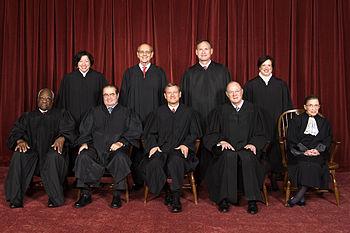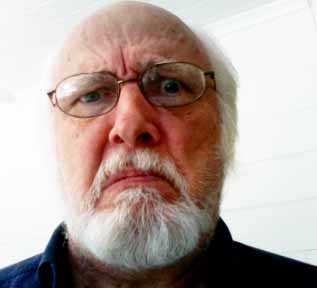
A timely correspondence between the theme of Justice as Capacity, addressed in Appiphany, and the policy disputes adjudicated in the Supreme Court decision upholding the Affordable Care Act (the so-called personal mandate provision requiring everyone to buy health insurance). The heart of the issue--the distinction between action and inaction-- is also the principle at work in Bartleby's Stoicism ("I would prefer not to"). Here are some bits from Ronald Dworkin, "A Bigger Victory Than We Knew," New York Review of Books, August 16, 2012.
"The distinction between action and inaction is always suspect, in legal contexts as well as everywhere else, because inaction can always be described, differently, as an action. Is running a stop sign the action of driving through the sign or the inaction of failing to put on the brakes? If I choose not to buy commercial health insurance, that is, from one perspective, inaction: there is something I failed to do. But from another perspetive it is action: I chose deliberately to run a risk--the risk of falling ill, without the benefit of the insurance I could have bought. The distinction between action and inaction depends only on a choice of description; it is frightening to think that a matter of such enormous politial consequence--whether Congress can construct a national health care scheme--should be thought to turn on a verbal preference. (Justice) Roberts seemed aware of the problem: he said that practical men, presumably like himself, have no time for metaphysical niceties. That is a familiar excuse for bad philosophy."
Dworkin concludes his essay by noting that the issue involves not just law, but issues of justice in the larger sense: "The act is best understood as in the long tradition of mandatory insurance for the sake of justice." In our context of apparatus shift, it is imperative to get the metaphysics right, as well as the law.

